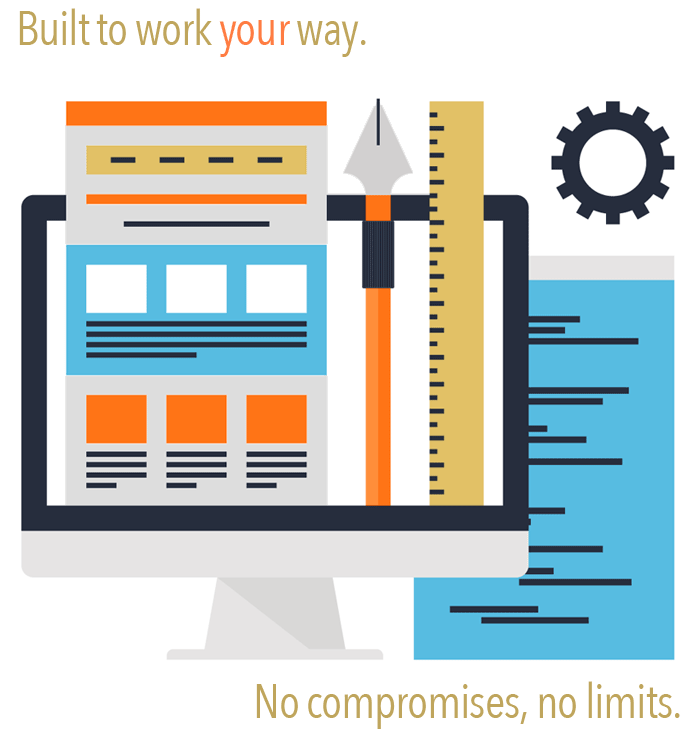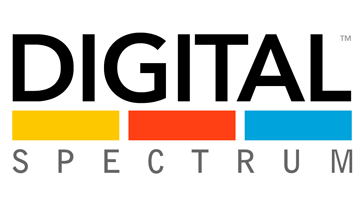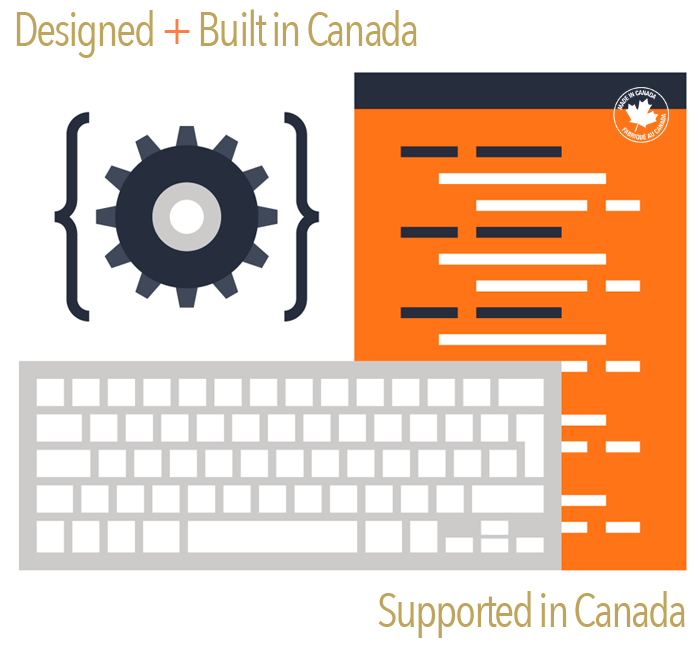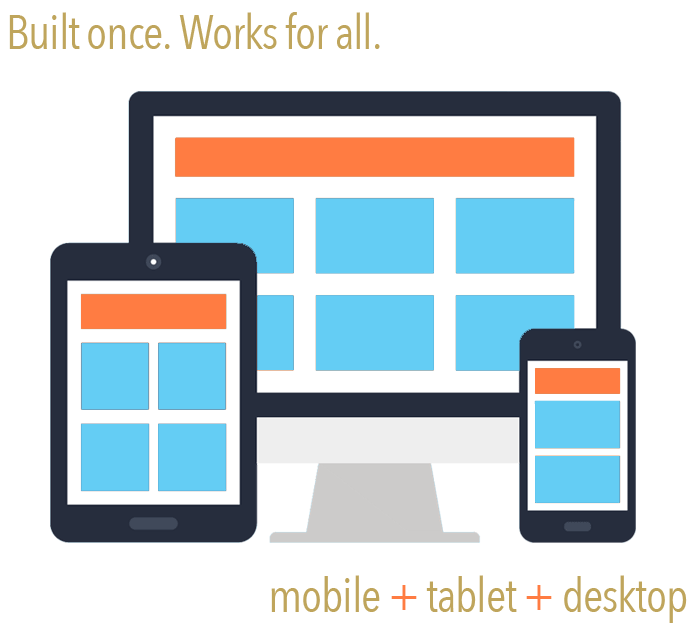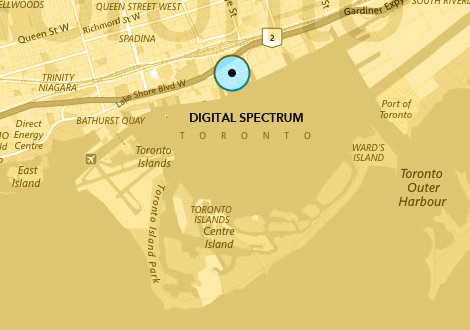Custom Websites
Professional, custom website development is our specialty.
A custom website offers several benefits, especially when compared to using pre-made templates or website builders. Here are some key advantages:
Unique Design: It allows you to create a design that reflects your brand, ensuring a distinctive look and feel that stands out from competitors.
Tailored Functionality: Custom websites can be built with specific features that meet your business needs, providing the exact functionality required.
Scalability and Flexibility: Designed to grow with your business, custom websites can easily adapt to new needs or market changes.
SEO Optimization: Built-in SEO best practices help improve your site’s search engine rankings through faster load times, mobile responsiveness, and clean code.
Improved Performance: Custom websites are optimized for speed and user experience, reducing bounce rates and enhancing engagement.
Enhanced Security: Tailored security features help protect against vulnerabilities common in pre-made templates.
Better User Experience: Design is centered on your target audience, providing intuitive navigation and layout.
Long-Term Cost Efficiency: Although the initial cost is higher, a custom website can be more cost-effective long-term due to reduced dependency on third-party tools and lower redesign needs.
Ownership and Control: Full control over your code and content allows unrestricted changes.
Integration Capabilities: Easily integrates with existing business systems, streamlining operations and improving efficiency.
These benefits make custom websites a valuable investment for businesses seeking a distinctive and adaptable online presence.
